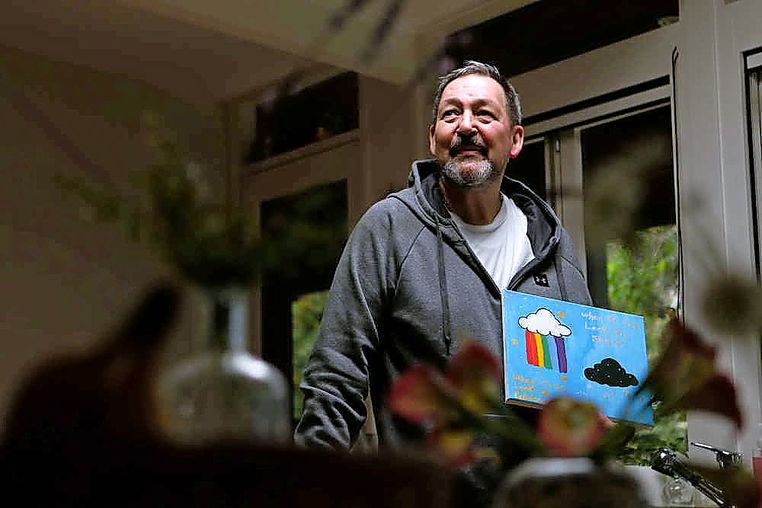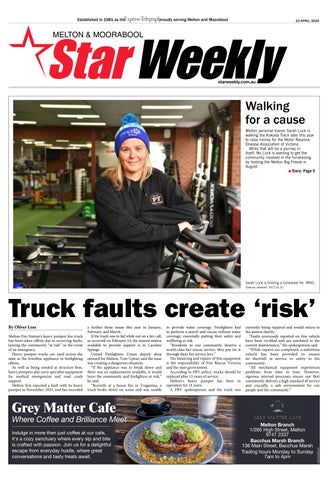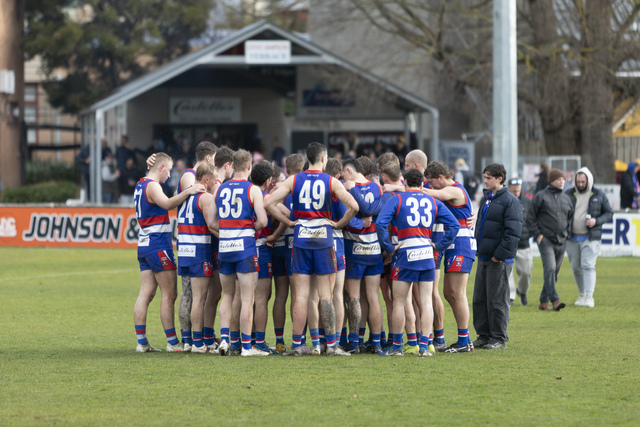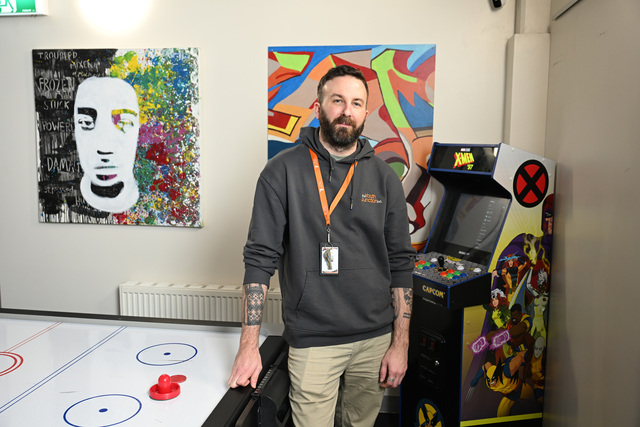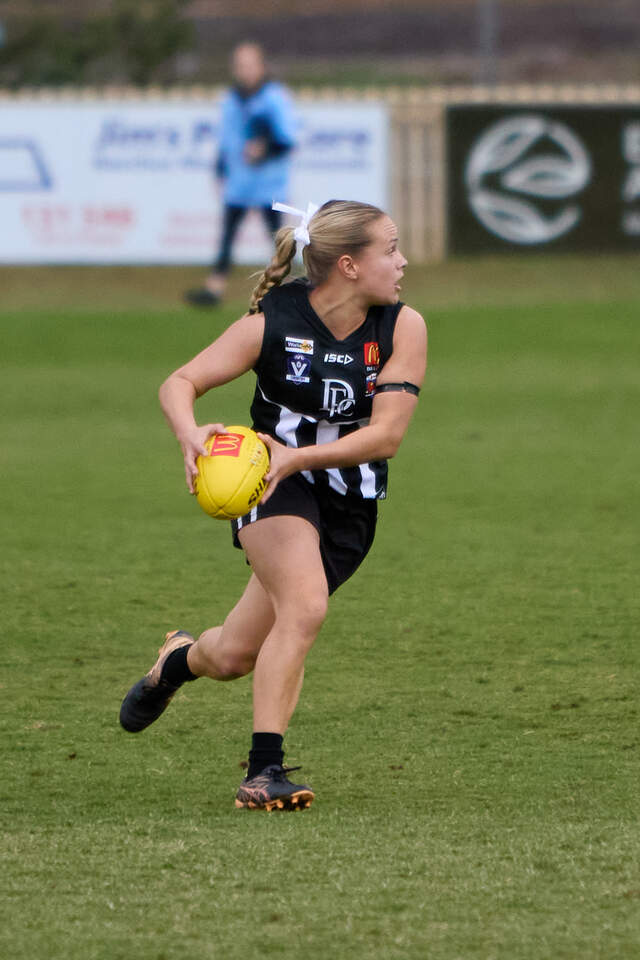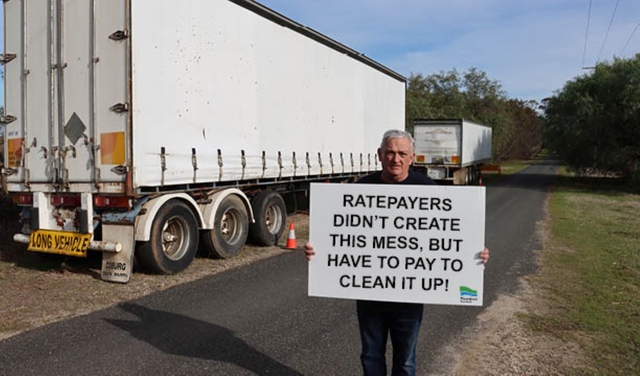By Adam Cooper/The Age
Neill Jones has every reason to be angry, but doesn’t have the time.
The 60-year-old father of three is paying with his life for the failures of doctors in 2010 and then in 2015 to advise him of the presence of a cancerous mass on his appendix. Had they done their job, a lump that was 10 centimetres back then could have been removed, and the former teacher would have been saved.
Instead, by the time it was properly detected last year – in what Mr Jones and his lawyer, Alice Robinson, refer to as “the oh-no scan” – the mass had begun seeping poisonous mucus throughout his body. He now can’t be cured.
His family is pushing for the introduction of legislation where doctors are bound to check through with their patients a list of everything raised in a consultation, to ensure there are no unanswered questions when they part.
Because while Mr Jones still should be teaching, cycling and watching his son and two daughters raise their own families, he is undergoing defensive chemotherapy and focused on making his remaining days count.
“It is what it is. I know that’s a trite saying but I wish back in 2010 someone had looked at the scan and said, ‘You’ve got a growth, we’ll do an appendectomy and you’ll be all good.’ But they didn’t, so …” Mr Jones trails off.
In 2010, Mr Jones was treated for kidney stones. But a urologist had scans done and saw a mass on the image, which concerned him enough to order another image.
He wrote notes recommending surgical intervention, but never discussed this course with his patient.
Mr Jones and wife Lynn are adamant that had a doctor raised the growth in discussion they would have gone straight to a specialist.
Instead, for reasons unexplained, the urologist filed the scan and did not advise surgical intervention.
But, five years later, he returned to his GP complaining of more pain, and the second doctor failed to detect the mass on his appendix.
The Jones’ remember another doctor becoming upset a year ago, repeatedly saying, “I’m so sorry,” when the mass was finally detected.
By that stage, though, it was too late.
An aggressive “washout” of the mucus was an option to prolong Mr Jones’ life, but he and his wife, who met as teachers at Melton South Primary School, decided against a procedure.
His family hopes the legislation they are pushing for would ensure doctors are more communicative and required to explain every part of their consultation.
“An architect’s mistakes are for everyone to see,” Mr Jones said.
“A doctor’s mistakes are buried.”

